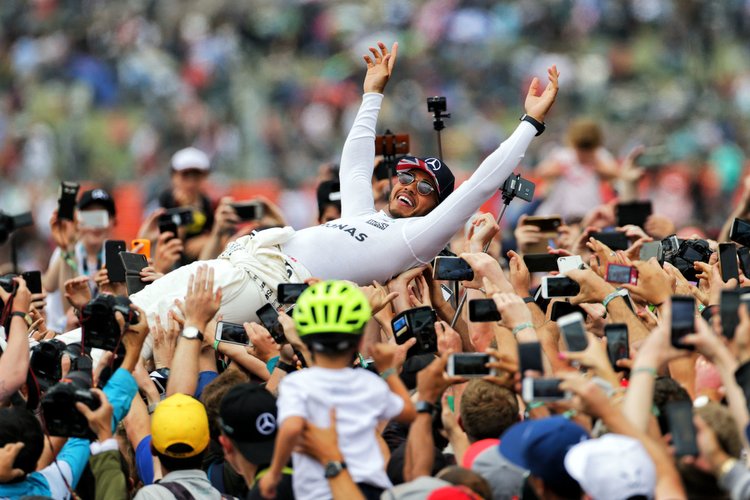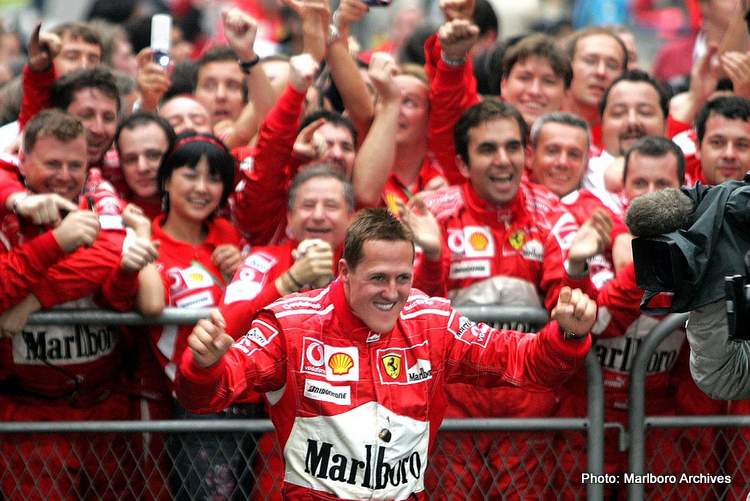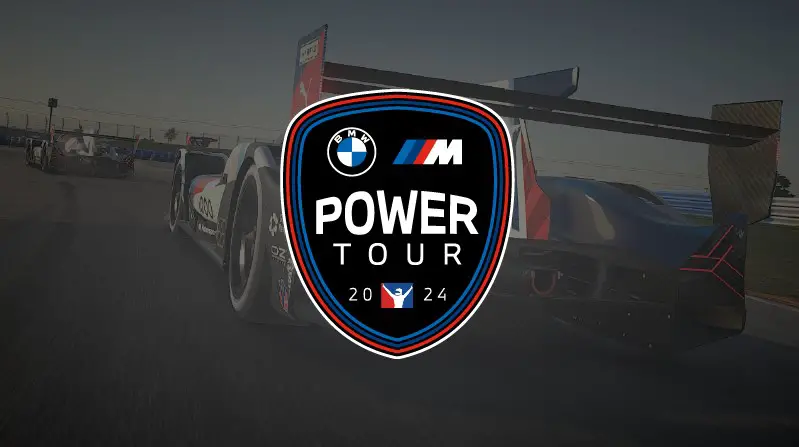
The greatest Formula 1 drivers of this century are renowned for their exceptional skill, speed, and achievements on the racing track.
Motorsport enthusiasts are a dedicated bunch, whether it’s NASCAR, Formula 1, or Indy Car, they enjoy discussing the best driver ever. Even the sim racing community has a close connected affiliation with the motorsport world that expands its audience to greater appeal.
Fans of racing argue passionately about different drivers—their F1 championships, rivalries, and the trophies they missed or won. The GOAT will always be contentious for a sport that has evolved from dealy almost every weekend, to as safe as it can get for motorsport.
Thus comparing F1 in the nineties, or seventies or fifties etc. is a fruitless exercise. However, looking back on almost the first quarter of the 21st century, four exceptional drivers can lay claim to being the best of this era.
Check out our ranking of the greatest Formula 1 drivers of this century. Do you agree?
Lewis Hamilton
Unprecedented records faced a challenge when Lewis Hamilton emerged. Before karting, he triumphed in remote-controlled car races against adults. Transitioning to karting, Hamilton maintained success, unlike some young drivers who falter at higher levels.
In his debut McLaren season, he narrowly lost to Kimi Raikkonen, but in 2008, he secured his first World Championship in a fierce battle with Felipe Massa.
The climax occurred at Interlagos, reminiscent of Sergio Aguero’s last-minute goal for Manchester City in 2012. Massa initially led the championship after the race, but Hamilton claimed the title when Timo Glock’s car slowed on the final lap.
Following uneventful years, Hamilton’s career surged in 2014 with new regulations favouring Mercedes. The team dominated the turbo-hybrid era, securing consecutive championships. Hamilton overshadowed teammate Nico Rosberg until their intense 2016 rivalry, culminating in Rosberg’s championship win and subsequent retirement. Sir Lewis is a seven-time F1 World Champion.
Michael Schumacher
A racer once deemed unbeatable, also a seven-time F1 title winner, Michael Schumacher is regarded as the greatest in racing history. His perfect blend of speed, focus, bravery, judgment, character, and arrogance set him apart.
Starting in F1 at the 1991 Belgian Grand Prix due to Bertrand Gachot’s absence, Schumacher gained momentum with Benetton throughout the early 1990s. Despite controversies, like his disqualification in 1997 for attempting to hinder Jacques Villeneuve, Schumacher’s success peaked in the 2000s with Ferrari’s superior cars.
His pinnacle season in 2004 saw him winning 12 of the first 13 Grands Prix, with a lone Monaco retirement. Retiring in 2006, Schumacher stunned the racing world with a comeback in 2010 with Mercedes.
Sebastian Vettel
At the age of eight, Sebastian Vettel kicked off his karting journey. Recognizing his talent, the Red Bull Junior Team promoted him at 11. In 2007, he stepped in for Robert Kubica, impressing with an eighth-place finish. Toro Rosso then enlisted him to replace Scott Speed, and he narrowly missed a podium at the Chinese Grand Prix.
History awaited Vettel. Aged 21 years and 74 days, he secured pole position at the Italian Grand Prix, becoming the youngest after a wet qualifying. Following this, he clinched his first Formula 1 Grand Prix win, setting a record as the youngest winner.
Swiftly advancing to Red Bull Racing, Vettel was the runner-up in 2009 but led the team to four consecutive championships in the following decade. Despite challenges with teammate Mark Webber, Vettel’s results were remarkable.
Shifting to Ferrari in 2015 during the hybrid car era, Vettel faced title battles with Lewis Hamilton. However, Mercedes’s dominance prevailed throughout the turbo-hybrid era. Seb retired with four F1 titles, all won during his stint at Red Bull.
Max Verstappen
Jos Verstappen’s son, Max, swiftly transitioned from just one year in car racing to an impressive Formula 1 debut. While honing his skills in the Florida Winter Series, his standout moment in junior racing came in the 2014 European Formula 3, finishing third behind Tom Blomqvist and champion Esteban Ocon. Remarkably, Max secured this position with 10 wins in 32 races, including six consecutive victories.
This stellar performance propelled him to F1, joining Red Bull’s Toro Rosso in 2015 as the youngest-ever Grand Prix driver. In his debut F1 season, he achieved 10 points-paying finishes in middle-tier machinery, but in his second season, he truly made his mark.
Five races into the 2016 season, Max moved up to the senior Red Bull team, replacing Daniil Kvyat. His immediate success included a victory at the Spanish GP, capitalizing on crashes by Mercedes teammates Nico Rosberg and Lewis Hamilton. The 2022 championship posed some challenges, but Verstappen overcame them, securing the title with a notable win in Suzuka.
The 2023 season showcased Verstappen’s dominance, breaking records for wins and points on his way to a second consecutive title. With three F1 world title crowns under his belt, the question lingers about how many more he can add to his impressive tally.

FAQs about Formula 1
Can I bet on Formula 1?
Yes, you can bet on Formula 1 races. For example, at Lottoland Sports, there are various betting options, including predicting the race winner, podium finishers, fastest lap, and more.
How many races are there in a Formula 1 season?
The number of races in a Formula 1 season can vary, but typically, there will be 24 rounds this year if all goes to plan.
Who is the most successful Formula 1 driver of all time?
Lewis Hamilton holds the record for the most World Drivers’ Championships, tying with Michael Schumacher at seven titles each. Hamilton has a record 103 victories, and 104 pole position starts.
How are Formula 1 races scored?
The scoring system allocates 25 points to the victor, 18 to the runner-up, and 15, 12, 10, 8, 6, 4, 2, and 1 point(s) for P3 through P10, respectively. An extra point is granted to both the driver and team achieving the fastest lap of the race, contingent upon the driver finishing within the top 10 positions.
Sprint Races are scored differently to GPs, with the top eight finishers awarded points. The winner receives eight championship points, reducing by one point per place.












